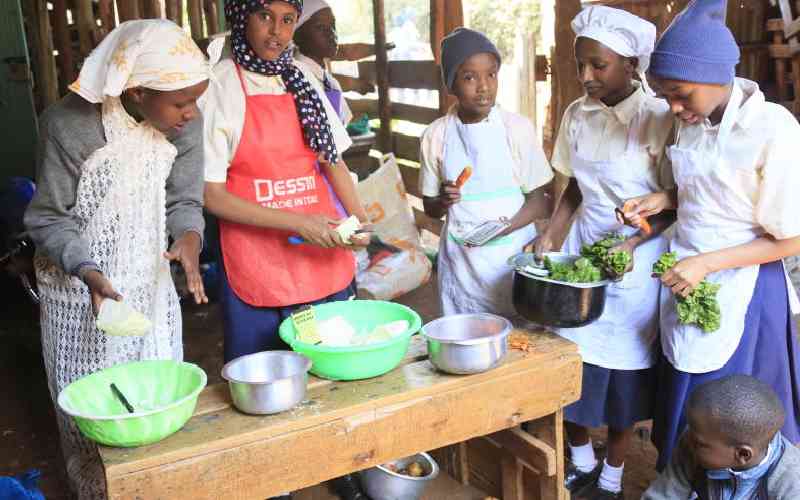×
The Standard e-Paper
Informed Minds Prefer The Standard

Audio By Vocalize

Controversy is raging on whether Grade Nine students should be moved to secondary schools or they should remain in primary schools.
Education CS Ezekiel Machogu said the 1.3 million grade eight learners set to transition to Grade Nine in January will remain in primary schools, in line with recommendations of the Presidential Working Party on Education Reforms (PWPER).
